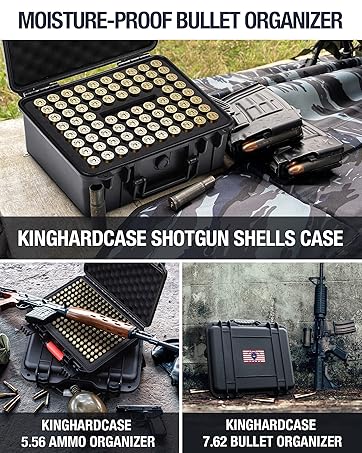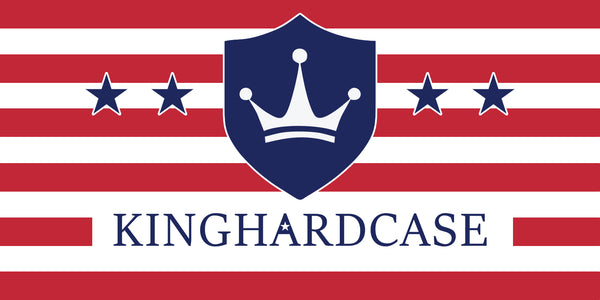
How to Choose the Right Tactical Security Case: A Buyer’s Guide for Firearm Owners
Share
Introduction: Why Your Firearm Deserves More Than a Basic Case
Whether you’re a competitive shooter, law enforcement officer, or responsible gun owner, storing and transporting firearms safely is non-negotiable. A subpar case risks damage, theft, or even legal penalties. But with endless options online, how do you pick the right tactical security case?
This guide breaks down the 5 critical factors to evaluate, so you can invest in a solution that’s as reliable as your firearm.
1. Material Matters: Balancing Strength and Weight
Not all cases are built equal. Here’s a quick comparison:
| Material | Pros | Cons | Best For |
|---|---|---|---|
| Plastic | Lightweight, affordable | Prone to cracking in cold | Casual range trips |
| Polyethylene | Water-resistant, mid-range cost | Bulkier, limited customization | Hunting/outdoor use |
| Aluminum Alloy | Military-grade, crush-proof | Higher price point | Law enforcement, heavy-duty |
Kinghardcase Pro Tip: For maximum protection, choose 6061-T6 aluminum (used in aerospace engineering). It’s 3X stronger than plastic while resisting corrosion and extreme temps.
2. Locking Mechanisms: Security vs. Accessibility
Your lock type impacts both safety and convenience:
-
Key Locks: Simple but risky if keys are lost/stolen.
-
Combination Locks: No keys needed, but slow to access in emergencies.
-
TSA-Approved Locks: Essential for air travel—TSA agents can inspect without breaking locks.
-
Smart Locks (RFID/Biometric): Instant access via fingerprint or card, with audit trail logs.
Why It Matters: Law enforcement agencies often mandate dual-point locking systems (like Kinghardcase’s TSA + steel latch combo) to prevent forced entry.
3. Compliance: Avoid Costly Legal Mistakes
Firearm storage laws vary by region. Ensure your case meets:
-
Federal Requirements: TSA standards for air travel (mandatory for airlines).
-
State Laws: Examples:
-
California: Must be DOJ-certified for firearm sales.
-
New York: Locking mechanisms must resist “15-minute tamper attacks.”
-
-
International Sales: ITAR-free certification if exporting outside the US.
Kinghardcase Assurance: All our cases comply with ATF, TSA, and state-specific regulations, with documentation included.
4. Customization: Tailor Your Case to Your Gear
A one-size-fits-all approach won’t protect a $3,000 rifle scope or rare firearm. Look for:
-
Adjustable Foam: Pick-and-pluck foam lets you create snug compartments.
-
Modular Inserts: Swap layouts for rifles, handguns, or magazines.
-
Branding Options: Add your logo, agency emblem, or emergency contact info.
Case Study: A Texas shooting range boosted membership 20% after offering branded Kinghardcase cases as part of premium packages.
5. Warranty & Support: Don’t Settle for Less
A lifetime warranty isn’t a sales pitch—it’s a promise of quality. Compare:
-
Generic Cases: 1-2 years coverage, often excluding “wear and tear.”
-
Premium Brands: Lifetime warranties (e.g., Kinghardcase) with 24/7 customer support.
Red Flag: Brands that hide warranty terms in fine print or charge extra for “extended coverage.”
